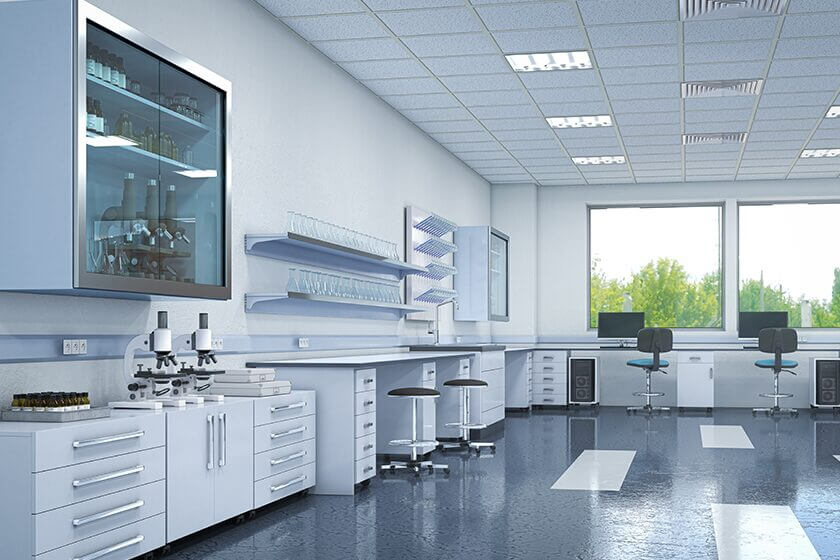Knowing When It’s Time To Replace Laboratory Countertops
Laboratory countertops face heavy use. They withstand chemicals, heat, and constant traffic. Over time, they may show signs of wear and tear. Knowing when to replace laboratory countertops can save you from bigger issues down the road. Whether it’s a medical lab, research facility, or industrial setting, the condition of your countertops can impact safety, functionality, and overall performance.
Signs It’s Time for a Replacement
Laboratory countertops are designed to last, but they are not immune to damage. Small cracks or stains may seem minor, but they can lead to bigger problems. First, inspect the surface for visible wear. Even small cracks or chips can be a sign of deeper issues, such as compromised structural integrity. Once a surface starts to degrade, it becomes more susceptible to contamination and spills, making it a health risk.
Another red flag is a countertop’s inability to resist chemicals or high temperatures. Over time, materials like laminate or epoxy can lose their resistance. If your countertops are no longer holding up against the chemicals commonly used in your lab, it’s time to consider replacements. Similarly, surfaces that easily scratch or become discolored may indicate a reduced ability to protect against daily wear.

The Impact on Safety and Productivity
A damaged countertop isn’t just an aesthetic issue; it can compromise safety and productivity. Lab surfaces need to be smooth and easy to clean to prevent cross-contamination. Any surface with cracks, stains, or discoloration may harbor bacteria or other contaminants. This is especially true for labs dealing with hazardous materials or sensitive experiments. A clean, well-maintained countertop helps you stay compliant with health and safety regulations.
Worn-out countertops can also slow down workflow. Surfaces that are chipped or uneven may make it harder to work efficiently, leading to delays or errors. If your lab workers are constantly dealing with damaged counters, it could result in unnecessary downtime. Replacing the countertops before they reach this point can improve your team’s overall efficiency.
How to Choose the Right Replacement Countertop
Once you’ve identified that it’s time to replace laboratory countertops, it’s important to choose a material that fits your lab’s specific needs. Depending on your lab’s work, some materials may be more suitable than others. For instance, if you’re working with highly corrosive substances, phenolic resin or epoxy countertops might be your best option due to their chemical resistance.
Stainless steel is another durable choice that is ideal for laboratories that require a clean, sterile environment. It’s easy to sanitize and resistant to most forms of damage. However, it can be expensive, so you should weigh the cost against the benefits of your lab.
For labs that need budget-friendly options without sacrificing durability, chemical-resistant laminate might work well. While not as robust as stainless steel or phenolic resin, it can be an effective choice for labs with lighter workloads.
What to Look for in a New Countertop
When selecting new countertops, durability, ease of cleaning, and chemical resistance should be at the top of your list. You also want to consider the overall lab design and how the countertops will fit into the space. Choose materials that will help reduce maintenance costs and increase the lifespan of your surfaces.
Replace Outdated Lab Countertops with LOC Scientific’s Durable Options
At LOC Scientific, we specialize in delivering high-quality American-made laboratory countertops tailored to your needs. From chemical-resistant phenolic resin to durable stainless steel and epoxy options, we have the perfect surface for your lab’s specific requirements.
Our team of experts is here to help you choose the ideal materials for your workspace, ensuring long-lasting performance and safety. Contact us today at 877-527-5775 or visit our website to explore our full range of countertops, sinks, and lab accessories. Let’s get started on your project.

